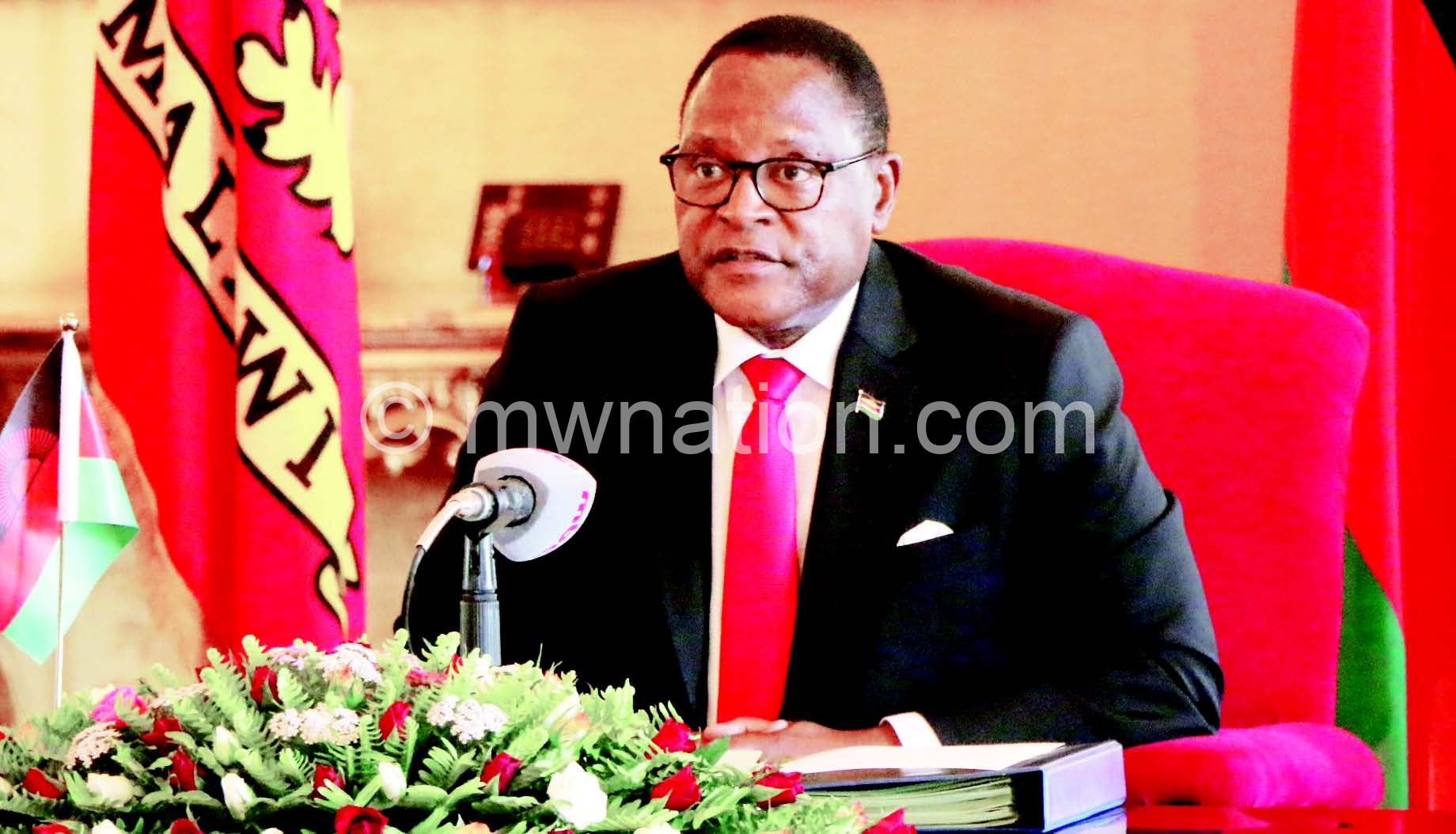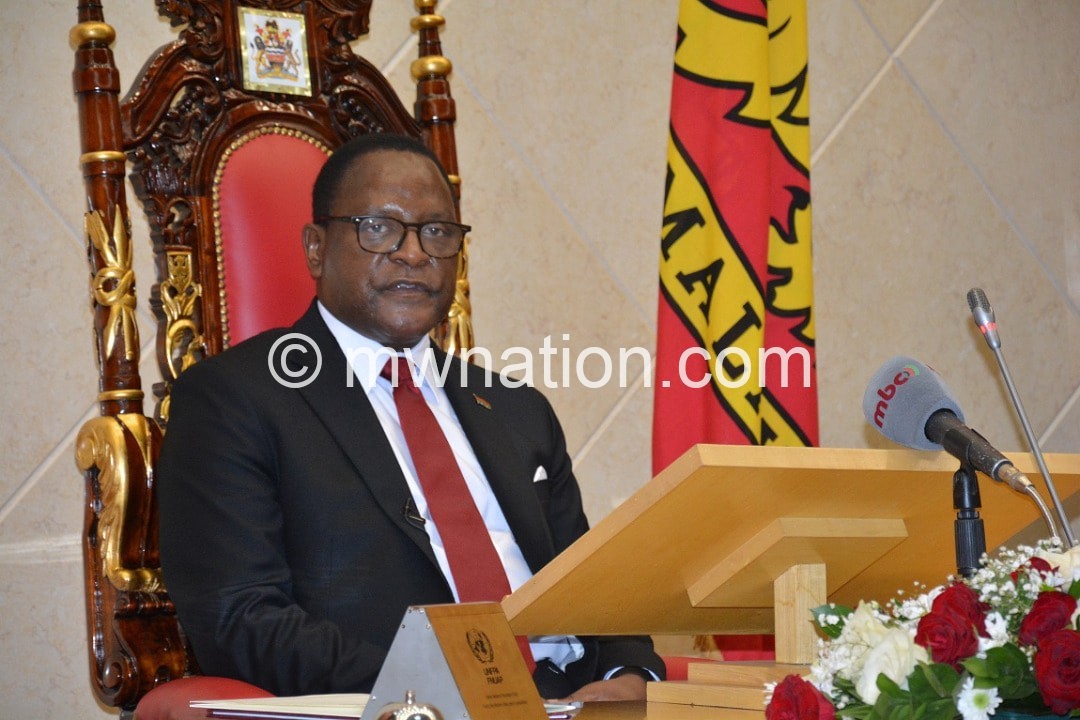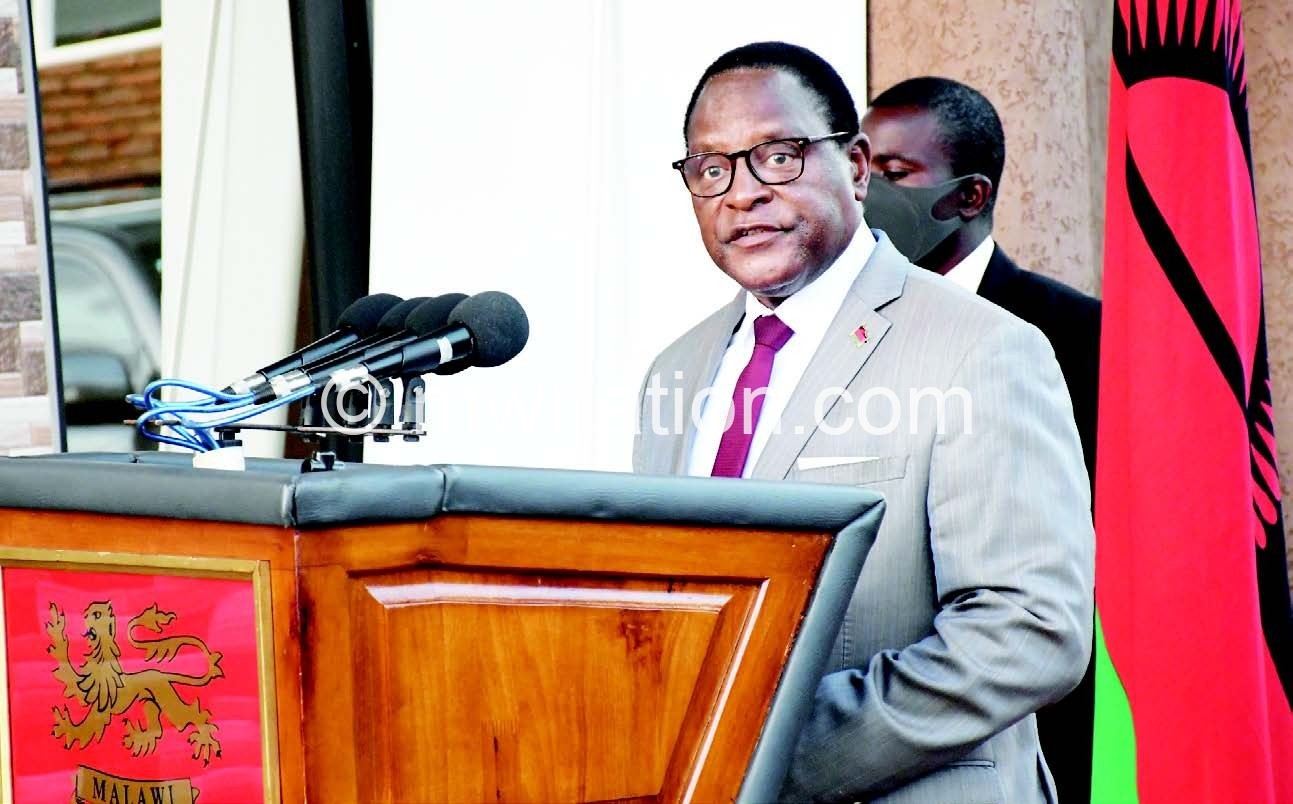Will the next Einstein be Malawian?
The Next Einstein Forum (NEF) has an ambition that is bound to win hearts and minds with its simple optimism. The forum, a group of scientists, policymakers and business representatives, wants a leader in the field of science to emerge from Africa with the kind of far-reaching impact that Albert Einstein had.
Albert Einstein was a German-born theoretical physicist. He developed the theory of relativity, one of the two pillars of modern physics. Einstein’s work is also known for its influence on the philosophy of science.
The NEF, an initiative of the African Institute for Mathematical Sciences (AIMS) in partnership with Robert Bosch Stiftung will be in town next week.
The forum is expected to hold an African Science Week, for the first time in the country in Lilongwe. The event is billed as a unique gathering of African scientists.
Rachel Sibande, NEF Ambassador, who is also chief executive officer and founder of Malawi’s first technology hub and incubator space, mHub, together with local academic, science and technology champions, will lead the event.
“Africa Science Week is the only platform bringing together actors passionate about science and technology. This is the best opportunity for the Malawian youth to learn more about what science can achieve and how it changes life. I am proud to be part of this first edition,” Sibande said last week when announcing the launch of the science week.
Thierry Zomahoun, AIMS President and CEO and NEF chairperson says the primary objective is to develop tomorrow’s scientists and technologists by engaging children and young people in scientific activities like science caravans and hackathons.
“Our activities will also demonstrate the critical impact of science to the general public. By bringing together key stakeholders from all sectors, we hope to catalyse investment in research and development and discuss best practices for attracting and retaining young people, especially girls and women, in the sciences,” explained Zomahoun.
Africa Science Week in Malawi will witness exciting sessions such as engaging students in active learning of Chemistry, Technology and Engineering using interactive science kits. Students will also participate in physical activities and science projects competition followed by an award ceremony.
The event is the first of a 13-country series. Looking to the future, the NEF wants to expand the reach of its Africa Science Week to 30 countries in 2018 and all 54 by 2020.
Beyond numbers, the NEF hopes that Africa Science Week will grow to include major activities in schools and universities, and result in concrete collaboration between the research community and private sector.
Last week, when I previewed the event, some individuals called me to express their excitement. But my view is that excitement alone is not enough. The forum will need outcomes and ideas that are feasible. For a longtime, important conversations on science have been missing, especially on how and why government must invest in science.
First and foremost, we on the streets believe that a good education in mathematics should be at the heart of a more scientifically literate society, and this means investing in the related subjects early.
Secondly, careful budgeting towards education is crucial in delivering education to meet this goal.
Thirdly, governments in Africa need to be nudged on the need to double funding for research. African politicians will always say ‘people do not eat research, but it’s important to also remind them that people do not eat politics’.
The Africa Science Week is not an event, it’s a movement. And movements need passion. Are Malawians passionate enough about this event? Will the next Einstein be Malawian? n





